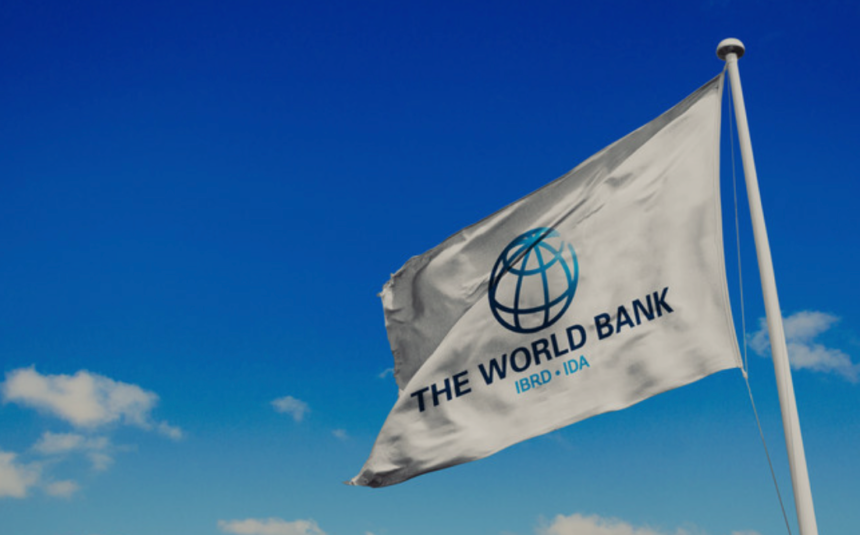The World Bank Group has launched its Gender Strategy 2030, with the aim of enhancing economic opportunities for women by expanding broadband access, social protection, and capital access.
Unveiled at the World Bank Annual Meetings, this ambitious initiative targets bridging digital and economic divides by 2030.
A primary objective of the Gender Strategy is to enable 300 million women to access broadband internet, a transformative tool for education, employment, and financial services.
With broadband access, women can participate in the digital economy and benefit from essential services that foster economic empowerment. The Bank’s approach will prioritize investments in countries with connectivity gaps, especially in underserved regions, while advocating for gender equality in digital inclusion and private investment to build necessary infrastructure.
- Advertisement -
In addition, the World Bank aims to expand social protection programs for 250 million women, particularly targeting vulnerable populations. Through digital social registries, the Bank plans to streamline the distribution of financial aid, reducing bureaucratic delays and ensuring transparency.
Beyond immediate financial assistance, social protection efforts will incorporate skills training, business capital, and market access, equipping women to secure long-term economic independence.
A third component of the strategy is to provide 80 million women and women-led businesses with access to capital, addressing a longstanding barrier to entrepreneurship. The Bank plans to collaborate with financial institutions, fintech companies, and private equity firms to mitigate gender biases in lending practices. Support for women entrepreneurs will include credit access and equity to scale their businesses.
World Bank President Ajay Banga highlighted the importance of these efforts, stating that increasing women’s economic participation strengthens global economies and uplifts families and communities. Banga emphasized that empowering women economically offers a sustainable path out of poverty, allowing them to contribute meaningfully to their societies.
Projects already underway reflect these goals. In Zambia, digital cash transfers benefit nearly four million women, while in Ethiopia, a program supporting women-owned businesses anticipates a 30% increase in profits and a 50% rise in employment over five years.










